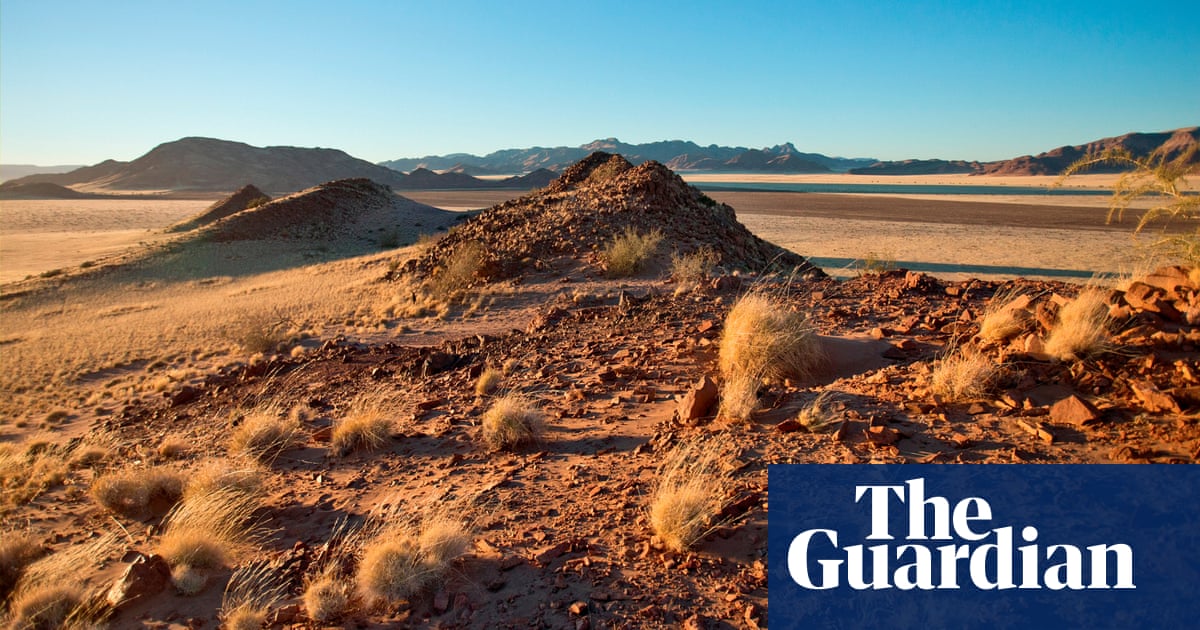Summary
Drylands now cover 40% of Earth’s land (excluding Antarctica), with an area larger than India turning arid over three decades, a UN study reveals.
This trend, driven by climate change and exacerbated by poor farming practices, poses significant risks to global food security and water resources, particularly in Africa and Asia.
By 2100, up to 60% of the global population may live in drylands.
Experts urge action, including cutting emissions, sustainable farming, and reforestation, warning of severe impacts on food security, poverty, and forced migration.



And probably just as polluted. But like I told someone else, better polluted water than no water at all.
I mean we actually have a fair amount of regulation around it due to the Great Lakes Commission but its sorta diluted by it being a combination of states and provinces over two countries. I know indiana is alwaysa troublemaker with allowing bad things on michigan.
Indeed it is. I have the misfortune of living here (not close to the lake though) and reading the shit that goes on.
One of the biggest problems in the Great Lakes regions is there are dozens of major urban centers that not only draw their potable water from them, but also reintroduce their treated water back into the lakes … and water treatment as it exists now can’t remove the medication/drug/chemical cocktail.
So while the water is technically potable, in reality millions of people are drinking a mix of viagra, cocaine, fentanyl, diabetes meds, birth control, microplastics, and all the chemicals we flush down our toilets (ie: cleaning solutions).
https://www.bridgemi.com/michigan-environment-watch/drugs-microplastics-forever-chemicals-growing-concern-great-lakes